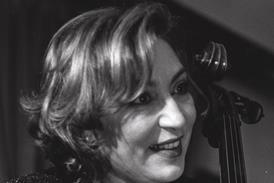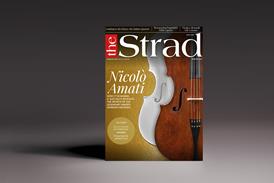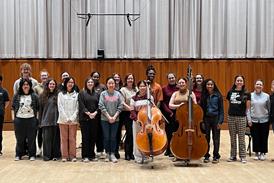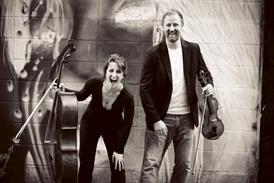- News
- For Subscribers
- Student Hub
- Playing Hub
- Directory
- Lutherie
- Magazine
- Magazine archive
- Whether you're a player, maker, teacher or enthusiast, you'll find ideas and inspiration from leading artists, teachers and luthiers in our archive which features every issue published since January 2010 - available exclusively to subscribers. View the archive.
- Jobs
- Shop
- Podcast
- Contact us
- Subscribe
- School Subscription
- Competitions
- Reviews
- Debate
- Artists
- Accessories
Making Matters: The imitation game

In 1927 a cache of documents came to light, purportedly from the Stradivari workshop – and fooled some of the leading experts of the day. Carlo Chiesa explains how the case turned out to be an elaborate forgery
In the spring of 2020 a friend and colleague contacted me for confidential advice. He had been offered a set of documents from the Stradivari workshop, including original manuscripts by Antonio Stradivari himself! Of course, I would have been more than happy to scrutinise the papers and learn whatever new information was available from them. But it was soon obvious that these documents were already well known to scholars, having been at the centre of a curious story that ended up in a legal matter almost a hundred years ago.
The story starts in or around the beginning of 1927. A man named Zanardi, who sometimes presented himself as an artist and sometimes as a restorer, arrived at Leandro Bisiach’s shop in Milan from his home town of Bergamo. Introducing himself under a false name, he offered Bisiach an ancient-looking notebook that had been made by sewing a few sheets of paper together. On the front page was the title The violin and its making, the date 1715 and the name of the author: none other than Antonio Stradivari. Bisiach was immediately convinced, possibly helped by the bargain price of 250 lire, the equivalent of £200 today. The seller claimed to have more documents from the same source, which he could supply, and a few months later Bisiach was the happy owner of some dozens of documents that were supposed to have originated from the Stradivari workshop, having paid the very nice price of only 2,000 lire. And more and more papers were arriving, including a biography of Stradivari written in 1745 by his friend and spiritual guide, the Jesuit priest T. Bonaventi, letters with orders, thanks and greetings by customers, workshop papers with directions to pupils and workers, and receipts of payment to the same people: a substantial archive consisting of more than 150 documents, perhaps nearly 300. The cost paid had grown up and become remarkable, but absolutely fair compared to what was at stake…
Already subscribed? Please sign in
Subscribe to continue reading…
We’re delighted that you are enjoying our website. For a limited period, you can try an online subscription to The Strad completely free of charge.
* Issues and supplements are available as both print and digital editions. Online subscribers will only receive access to the digital versions.




























